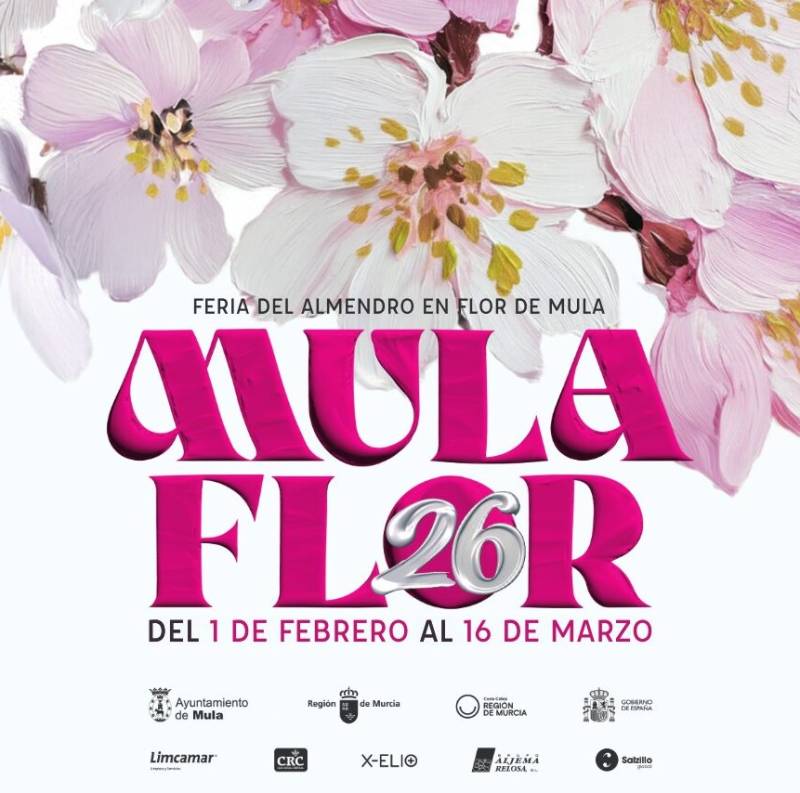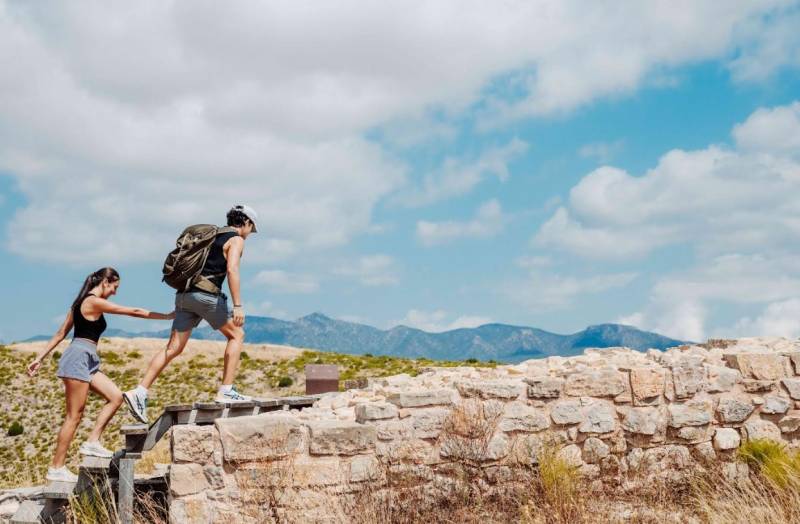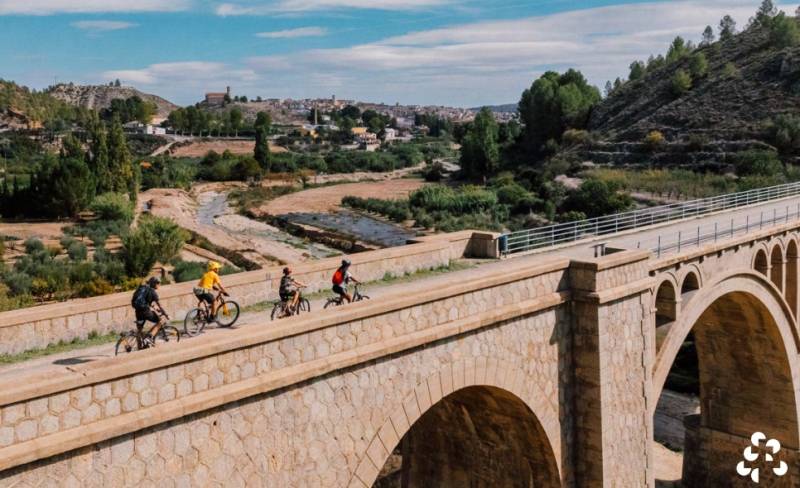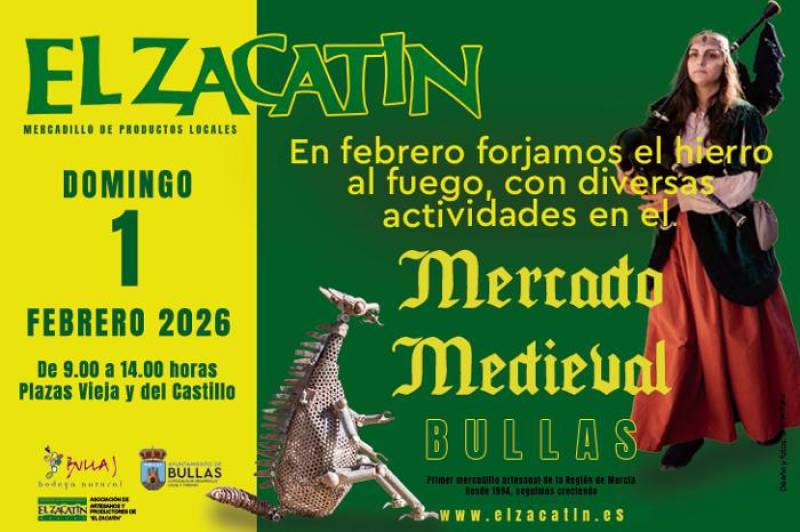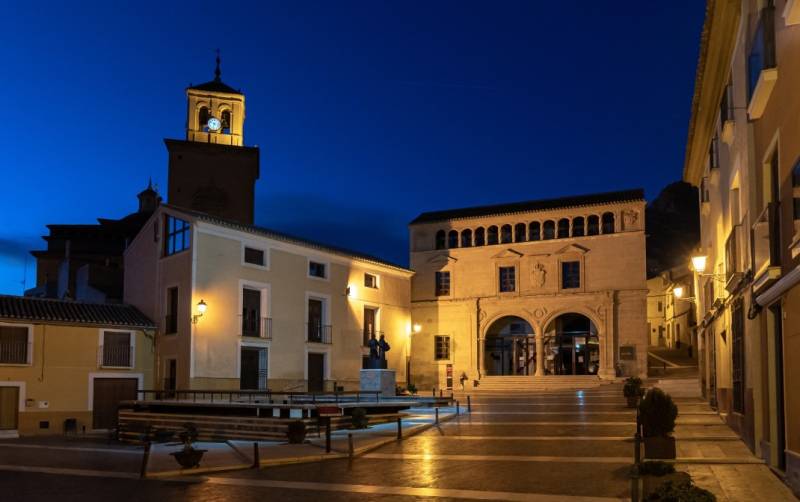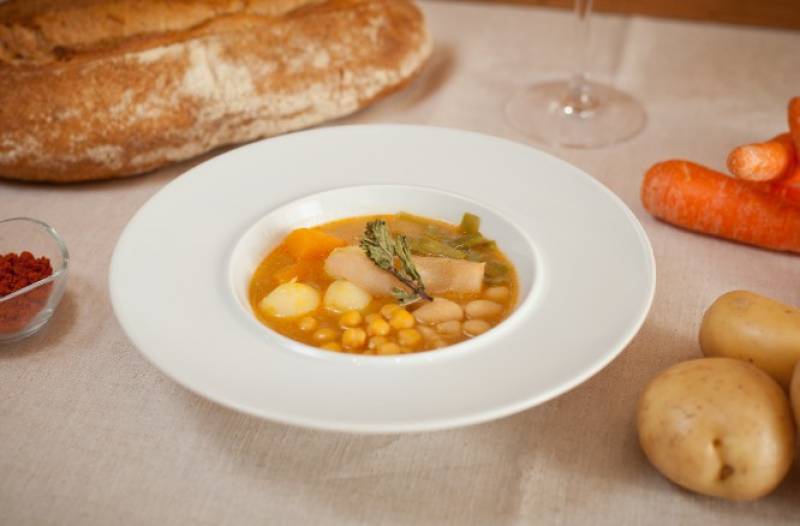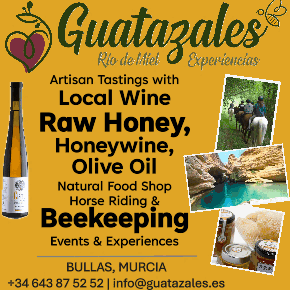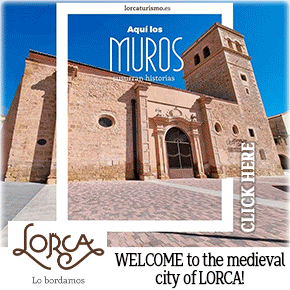

Guidelines for submitting articles to San Pedro del Pinatar Today
Hello, and thank you for choosing San Pedro del Pinatar.Today to publicise your organisation’s info or event.
San Pedro del Pinatar Today is a website set up by Murcia Today specifically for residents of the urbanisation in Southwest Murcia, providing news and information on what’s happening in the local area, which is the largest English-speaking expat area in the Region of Murcia.
When submitting text to be included on San Pedro del Pinatar Today, please abide by the following guidelines so we can upload your article as swiftly as possible:
Send an email to editor@spaintodayonline.com or contact@murciatoday.com
Attach the information in a Word Document or Google Doc
Include all relevant points, including:
Who is the organisation running the event?
Where is it happening?
When?
How much does it cost?
Is it necessary to book beforehand, or can people just show up on the day?
…but try not to exceed 300 words
Also attach a photo to illustrate your article, no more than 100kb

The rice fields of Calasparra, a unique day out in the Region of Murcia!
Calasparra is one of only three areas in Spain with Denomination of Origin status for locally grown rice
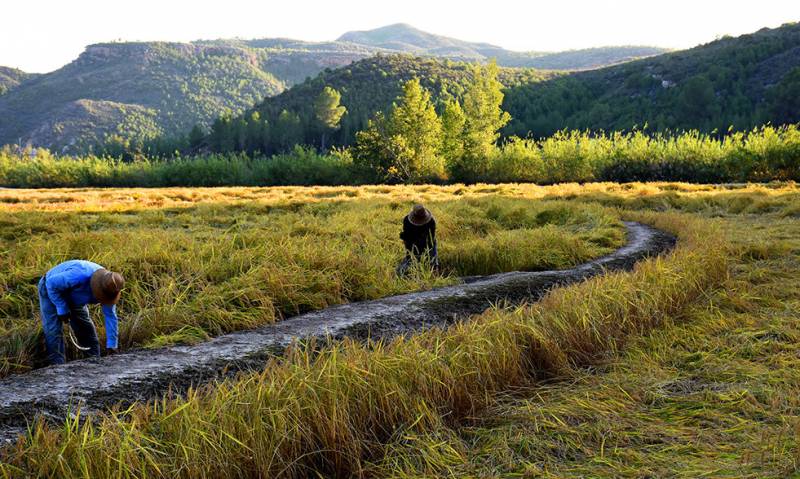 Despite rice being one of the commonest foods on the planet it is a relatively rare sight to see the product being cultivated in Europe, but in Calasparra in the north-west of the Region of Murcia it is actually one of the mainstays of the local agricultural sector!
Despite rice being one of the commonest foods on the planet it is a relatively rare sight to see the product being cultivated in Europe, but in Calasparra in the north-west of the Region of Murcia it is actually one of the mainstays of the local agricultural sector!
At around three quarters of a million tons per year Spain is only the 43rd most important rice-producing nation in the world (and the second in Europe, after Italy), but Calasparra rice is particularly prestigious and renowned for its quality. In 1986 the “bomba” rice of Calasparra was the first in the country to be awarded its own Denomination of Origin status, and it goes without saying that this cereal is one of the main elements on which the local cuisine is based.
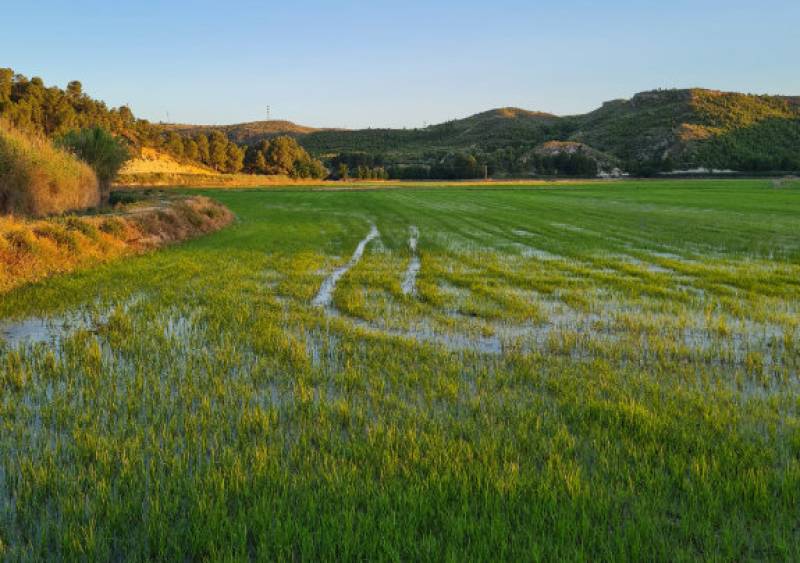 Throughout Calasparra expect to be served rice with chicken, rice with vegetables, rice and rabbit, rice with snails… this truly is one of the “1,001 flavours of the Region of Murcia” promoted by the regional tourist board!
Throughout Calasparra expect to be served rice with chicken, rice with vegetables, rice and rabbit, rice with snails… this truly is one of the “1,001 flavours of the Region of Murcia” promoted by the regional tourist board!
Apart from being a source of gastronomic pride and economic activity, though, the rice fields themselves are an important and impressive tourist attraction, drawing visitors from all quarters to this part of the Region of Murcia. A series of hiking paths in Calasparra are known as the “Rutas del Arroz” (the rice routes), criss-crossing the flood plains of the River Segura where the cereal is grown. The most striking part of the landscape here is the vegetation, although there are also important ancient and pre-historic sites in the area, such as the remains of the “Villa Vieja” Moorish settlement and the cave rock art at Los Abrigos del Pozo.
The routes proposed all start and finish at the same point and are designed mainly for walkers, although horse-riders and cyclists also share them. They are popular all year round, but especially when the rice is being sown (usually between March and May) and during harvest time (September and October).
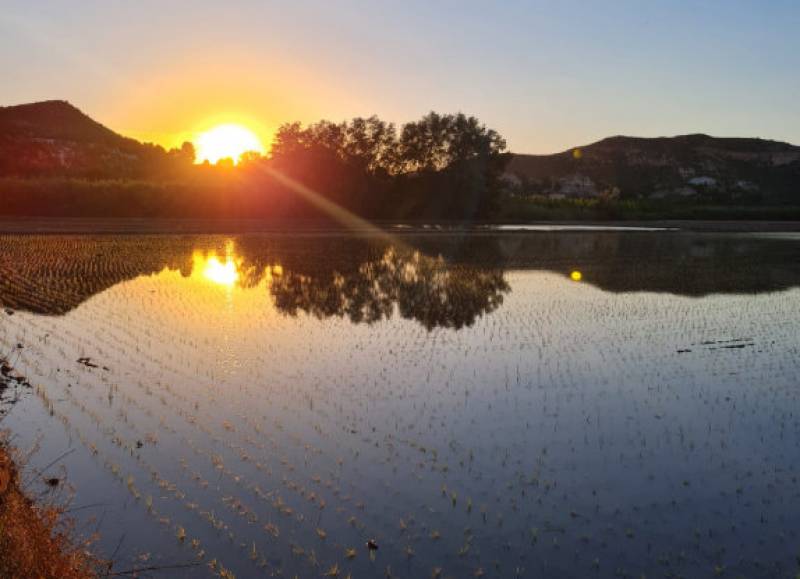 One of the highlights is the “Ruta de los Espejos” (Route of the Mirrors), the first route to be created and an especially attractive one by moonlight, when the plantation terracing is flooded with water. This special experienced is enhanced by the reflection of the sunset in the water and the magnificent scenery of Los Abrigos del Pozo.
One of the highlights is the “Ruta de los Espejos” (Route of the Mirrors), the first route to be created and an especially attractive one by moonlight, when the plantation terracing is flooded with water. This special experienced is enhanced by the reflection of the sunset in the water and the magnificent scenery of Los Abrigos del Pozo.
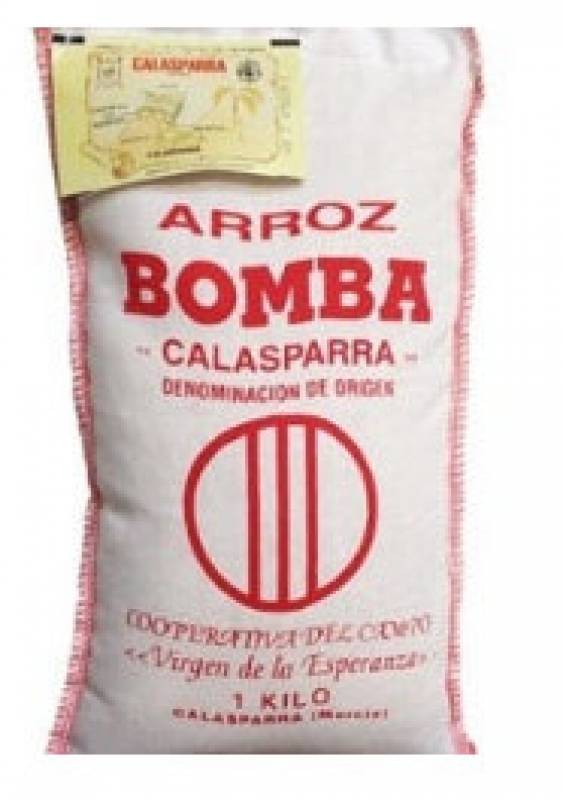 So important is rice in Calasparra that there is even a rice museum, which opened on 1st June 2007 and occupies two floors of the Casa Granero in the Calle Mayor of the town, a building which previously belonged to the Condes del Valle de San Juan. The first floor shows graphically all of the rice-growing areas in Calasparra, information about the cultivation techniques and a variety of recipes, as well as numerous old photos showing how little the art of rice growing has altered over the years!
So important is rice in Calasparra that there is even a rice museum, which opened on 1st June 2007 and occupies two floors of the Casa Granero in the Calle Mayor of the town, a building which previously belonged to the Condes del Valle de San Juan. The first floor shows graphically all of the rice-growing areas in Calasparra, information about the cultivation techniques and a variety of recipes, as well as numerous old photos showing how little the art of rice growing has altered over the years!
On the second floor there is a collection of 19th century machinery which was formerly housed in the rice mill owned by the Condes del Valle de San Juan, as well as tools for sowing, harvesting and collecting.
Of course, it is also possible to purchase Calasparra rice in the town (and at other outlets throughout Murcia), or alternatively online through services such as Amazon.







